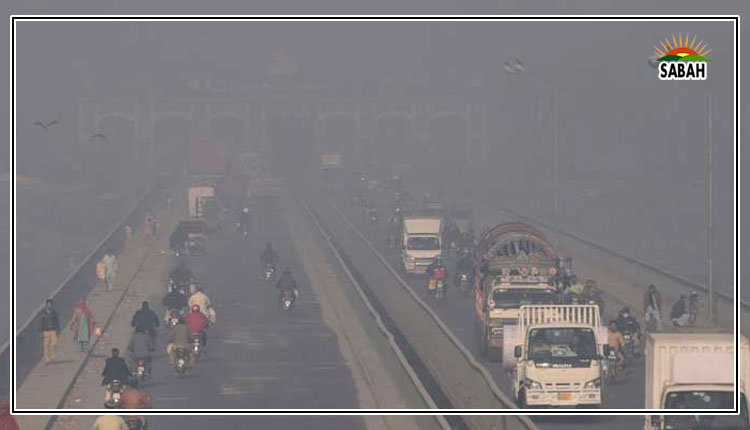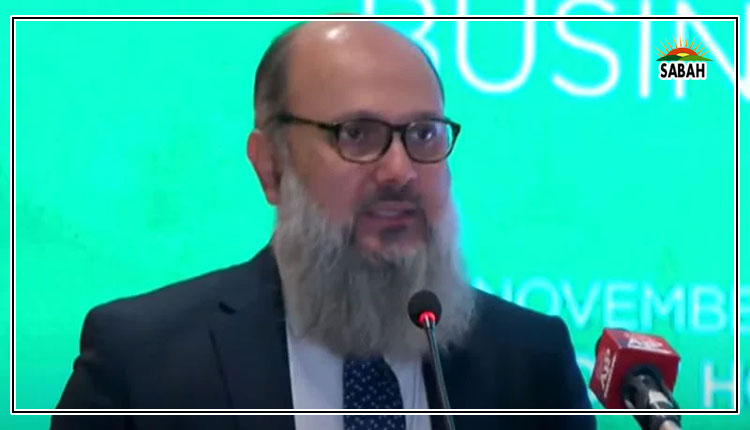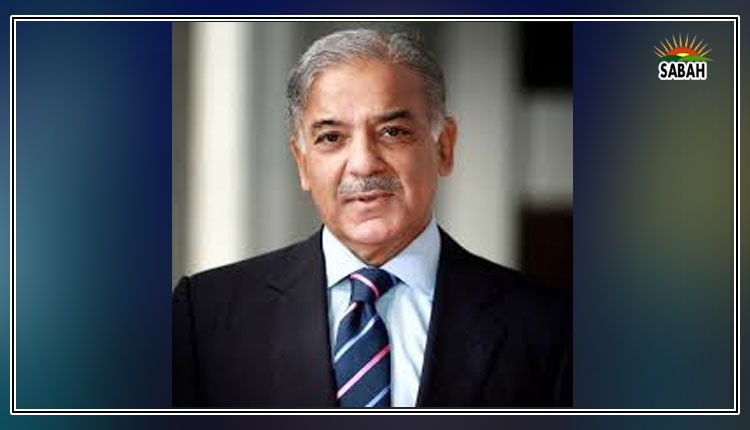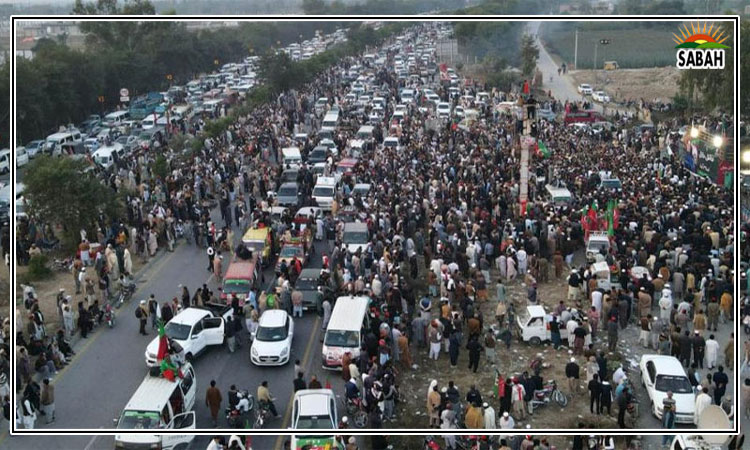Digital campaigns…Nighat Dad
The Election Commission of Pakistan (ECP) holds a crucial role in supervising electoral procedures, including the regulation of campaign financing. The Elections Act, 2017 serves as the cornerstone of the legal structure that governs campaign financing.
This framework specifies strict limits on election campaign expenditures for candidates. Compliance requires the meticulous recordkeeping of campaign expenses by candidates who are mandated to furnish these records to the ECP for scrutiny.
The legal framework for financing election campaigns in Pakistan is covered under Section 132 of the Elections Act, 2017. It requires candidates to limit their expenses to: Rs1.5 million for a Senate election; Rs10 million for elections to a seat in the National Assembly; and Rs4 million rupees for a provincial assembly election.
A candidate must substantiate each election expense payment using invoices, receipts, and other pertinent documents, with the exception of transactions under Rs1,000. However, Section 132 does not clearly mention whether it applies strictly to physical campaigning. Hence, it can be argued that the broader application of law can cover both offline and online campaign financing.
Thousands of political ads run on social media during the days leading up to elections in Pakistan, especially on Facebook and YouTube. The regulation of online and social media campaign financing is a relatively new and evolving area, and, unfortunately, the ECPs policies are silent on accountability around digital political ads.
While entities like Meta have implemented their own policies for political advertising, including background checks and transparency requirements in various countries, the ECPs policies do not address any of them. Metas strategy for overseeing political advertisements which includes mandating background checks for advertisers and requiring the disclosure of spending on such ads presents a form of self-regulation that addresses gaps left by the absence of robust national regulatory frameworks in numerous countries, including Pakistan.
While these measures are extensively developed and enforced in countries such as the US, there remains a conspicuous absence of similar comprehensive policies and enforcement mechanisms for elections in Pakistan and other nations in the Global South.
In early 2023, YouTube had 71.70 million users in Pakistan, and its advertisements reached 82.1 per cent of the countrys total internet user base, regardless of age. However, it is noteworthy that the YouTube Ads Transparency Centre does not provide data for political ads for Pakistan. In these pivotal democratic elections where transparency is paramount, we observe missed opportunities for platforms to enhance their efforts in this regard.
A pressing question is: how much can candidates and their supporters spend on online political campaigns in Pakistan? The lack of explicit regulations by the ECP on online political advertising leaves a significant area of campaign financing unregulated. This gap allows for the potential misuse of online platforms for electioneering without adequate oversight or accountability.
Metas policies provide a form of regulation for who can run political ads on its platforms. However, reliance on platform-specific policies means that regulatory standards and enforcement can vary significantly across different platforms and jurisdictions. Similarly, platforms cannot enforce or ensure the amount of funds spent on political and election campaign ads on their platform, especially when there is no clear local regulation by the ECP to mandate or check spending on social media platforms.
Millions of Pakistani rupees are being spent on these political ads, and only one page created more than a week ago on Facebook has spent more than Rs10 million on AI-generated content. You can find Metas list of the Top 100 pages running political ads here and how much these pages have spent in the last seven or 30 days.
The significant variance in the quantity of advertisements and expenditures across various pages indicates a spectrum of strategies and objectives pursued by individual politicians, political parties, advocacy groups and news platforms. This diversity underscores the existence of a digital divide in political campaigning, where financial resources wield considerable influence over visibility and the potential reach to voters.
The data exposes a competitive digital environment where visibility is predominantly purchased rather than earned. This underscores the urgency for transparent and enforceable regulations concerning online political advertising to foster a level playing field. The disparity in ad spending and the absence of regulations governing online campaign financing highlight the necessity for comprehensive guidelines aimed at mitigating undue influence and ensuring electoral fairness in the digital realm.
Such guidelines will not only strengthen the effectiveness of regulations in curbing excessive campaign expenditures on social media platforms but also bolster overall electoral integrity.
The ECP can establish a regulatory framework offering clear guidelines on permissible spending by candidates and supporters on social media platforms. Ensuring that such expenses are integrated into the candidates overall campaign budget will enhance transparency and accountability. Implementing restrictions on the amount of money supporters can contribute or expend on a candidates advertisements will serve to prevent undue influence and uphold fairness among candidates.
To enhance transparency around political ads in the Global South, social media platforms can adopt several measures:
Mandate transparency requirements: Following Metas example, platforms can mandate background checks for advertisers and require disclosure of spending on political ads. This ensures accountability and provides users with information about the source and funding of political advertisements.
Expand political ads transparency centres: Platforms like YouTube can expand their ads transparency centres to include data on political ads in countries like Pakistan. This will provide users and regulators with access to information about political ad spending and reach, promoting greater transparency in election campaigns.
Educate users: Platforms can educate users about political advertising policies and how to identify political ads. This can help users make informed decisions about the content they engage with and understand the potential influence of political ads on their views and opinions.
Regular audits and reports: Platforms can conduct regular audits of political ad content and spending to ensure compliance with transparency requirements. They can also publish reports detailing their efforts to monitor and enforce political ad policies, promoting accountability and trust among users and regulators.
By implementing these measures, social media platforms can contribute to greater transparency and accountability in political advertising, particularly in countries where regulatory frameworks may be lacking or insufficient
Courtesy The News












